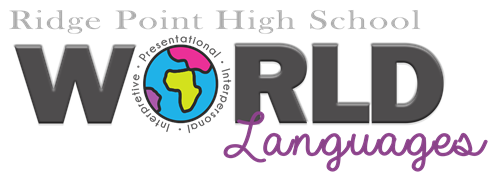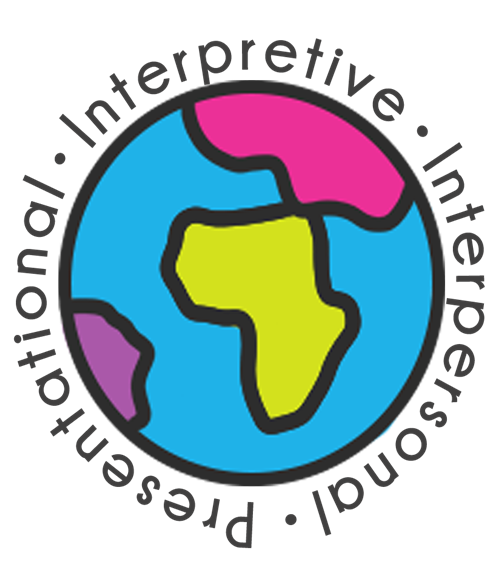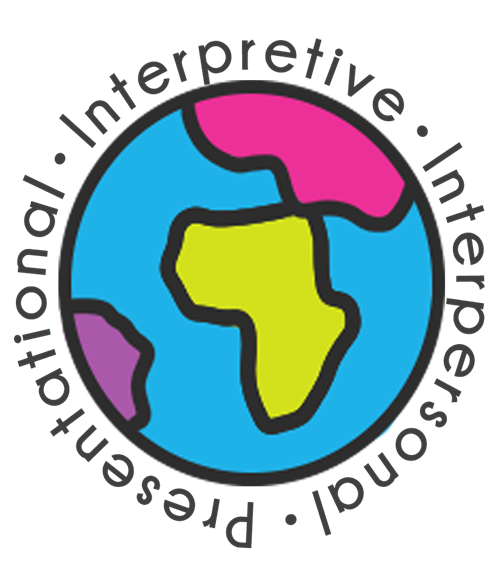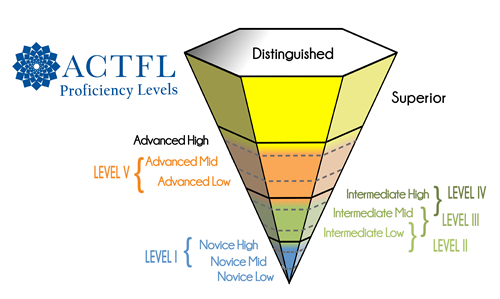World Language
Page Navigation
-

 Why learn another language?
Why learn another language?In the 21st Century knowing a second language is not only beneficial, but necessary for success in life. The continual globalization of the world’s economy is bringing diverse cultures and communities into more frequent contact with each other. The ease of global travel and the internet have collapsed the barrier of distance that once kept the world’s communities separate. From the corporate marketplace to the individual consumer, from the pre-schools to universities, from the beach vacationer to the global jet set, the world community has become integrated and interdependent. Institutions of higher learning are scrutinizing applicants to identify future world leaders. Employers and businesses are seeking applicants who can navigate the modern global economy. It is through learning another language that students can develop both these skill sets. Learning another language also provides many other benefits including greater academic achievement, greater cognitive development, and more positive attitudes towards other languages and cultures. Simply put, language learning is necessary for students to effectively function in the modern global marketplace. (ACTFL)
 What languages does RPHS offer?
What languages does RPHS offer?Our World Language Department offers Spanish including Spanish for Spanish Speakers, French, and ASL student-centered classes implementing a communicative approach in language teaching to promote the process of language acquistion. In order to receive credit to graduate, students are expected to successfully complete two consecutive years of study, with the exception of Spanish for Spanish Speakers which requires only one year, of the language of their choice.
 How will I learn a second language?
How will I learn a second language?Throughout each course overemphasis on grammatical accuracy at the expense of communication is avoided and students demonstrate their abilities through the MODES of COMMUNICATION:
 Interpersonal: Learners interact and negotiate meaning in spoken, signed, or written conversations to share information, reactions, feelings, and opinions.
Interpersonal: Learners interact and negotiate meaning in spoken, signed, or written conversations to share information, reactions, feelings, and opinions. Presentational: Learners present information, concepts, and ideas to inform, explain, persuade, and narrate on a variety of topics using appropriate media and adapting to various audiences of listeners, readers, or viewers
Presentational: Learners present information, concepts, and ideas to inform, explain, persuade, and narrate on a variety of topics using appropriate media and adapting to various audiences of listeners, readers, or viewers Interpretive: Learners understand, interpret, and analyze what is heard, read, or viewed on a variety of topics.
Interpretive: Learners understand, interpret, and analyze what is heard, read, or viewed on a variety of topics. How will I know I am progressing in the acquistion of my world language?
How will I know I am progressing in the acquistion of my world language?The ACTFL Proficiency Guidelines present descriptions of what the language learner can do and cannot do with the language when speaking, writing, listening, and reading in real-world situations at different levels in an spontaneous non-rehearsed context.

 Follow us on Twitter @RPHS_World
Follow us on Twitter @RPHS_World

